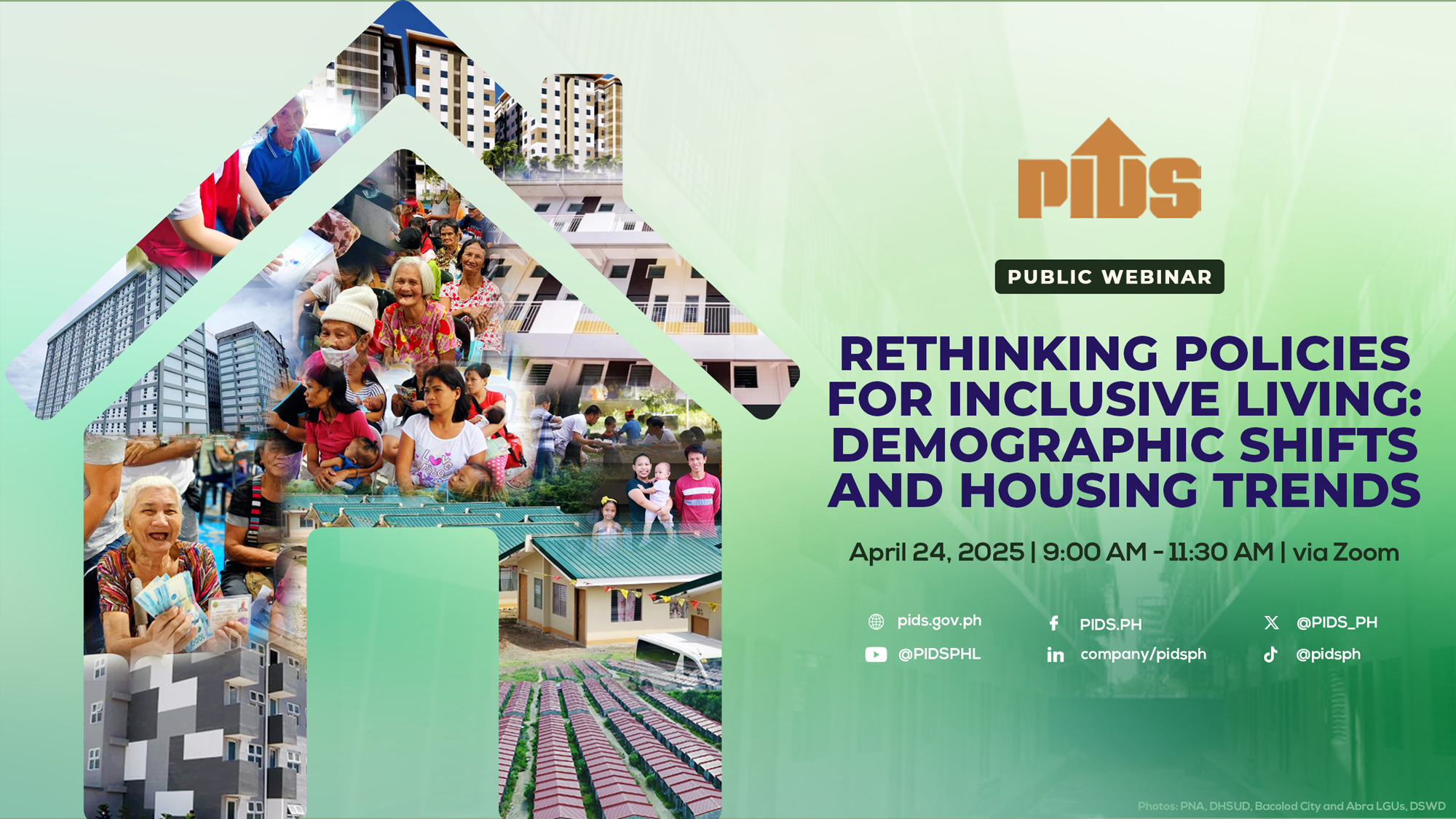The deployment of workers overseas, remittances and foreign direct investment (FDI) flows in the country do not foster inclusive growth, as they tend to worsen the situation in the labor-intensive agricultural sector, according to a report published by the Philippine Institute for Development Studies (PIDS).
According to the policy note, “Leveraging labor emigration and FDIs for inclusive growth in the Philippines,” the factors stated above are not beneficial for agriculture as they reduce employment and production.
Despite this, the report said the Philippines could still manage the impacts of labor emigration and FDI flows.
“The Philippines can still pursue inclusivity by addressing critical economic constraints (e.g., inadequate infrastructure, access to financing, regulatory barriers), investing in human capital formation, providing assistance to agriculture and redirecting remittances toward savings, investment and entrepreneurship,” the policy note said.
“Furthermore, addressing the insufficient capital in the capital-intensive industry is crucial, as it hinders its capacity to absorb labor from the labor-intensive sector,” it added.
The policy note said since agriculture is a labor-intensive sector, the government can create more non-farm employment opportunities, aside from capability enhancement in this sector.
“Processing agricultural primary products is a specific non-farm employment opportunity that increases the employment and value-added of agriculture. This can be anchored on a value chain approach to agricultural development wherein production growth should not be limited to individual components of the sector. It must encompass agriculture’s entire value chain from procurement to production to processing to distribution,” it said.
With the right intervention and complementary policy frameworks, remittance and FDI flows are key macroeconomic variables that could be leveraged in promoting inclusive growth, the report said.












